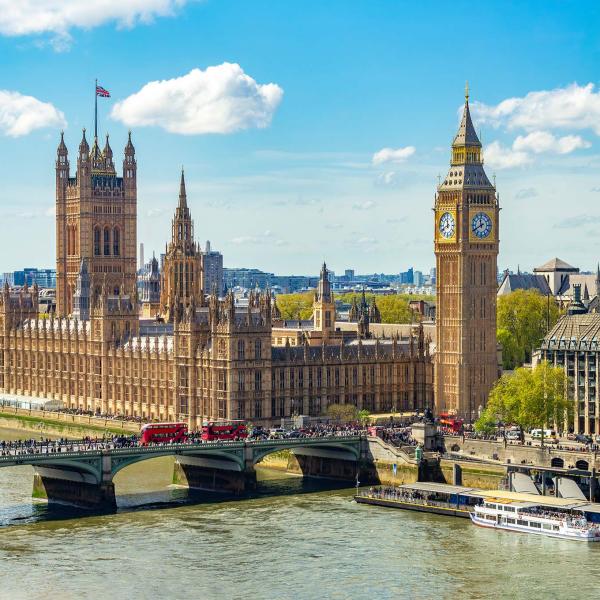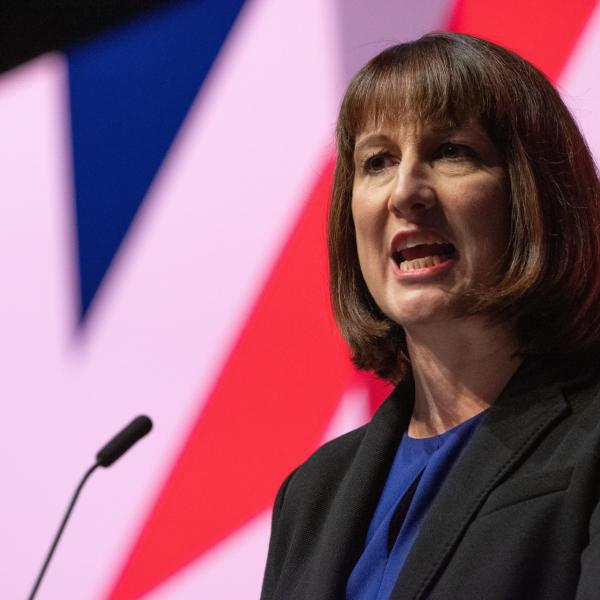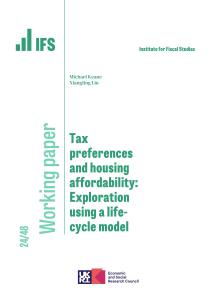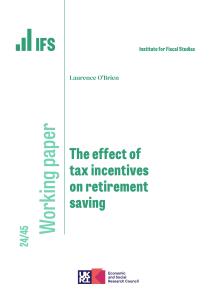Only a couple of days now until the most eagerly awaited budget for just about as long as I can remember. Eagerly awaited by me at least. It promises all sorts of meaty and complex changes for us fiscal nerds to get our teeth into.
If speculation is to be believed, among the changes could be one or more major reforms to the taxation of pensions. Given the scale of private pensions, and associated tax reliefs, that is not surprising. The chancellor’s pre-election pledges have limited her options so much, it’s pretty hard to see where else she could find serious money. At least beyond the increases in employer national insurance contributions, which look nailed on despite not being obviously consistent with those manifesto promises.
There was a time, not many weeks ago, when all the speculation was that income tax relief on pension contributions might be restricted to the basic rate. A bad idea, but one that could have netted some £15 billion a year. I actually laughed out loud when subsequent reports suggested it had been ruled out on the basis that ministers had just discovered it might hit a huge number of middle-earning public sector workers. After all, who knew that lots of teachers and nurses earn over £40,000 and have generous pensions?
That £40,000 is not an error, by the way. I know the higher rate threshold is just over £50,000. But pension contributions into these schemes are generous enough that plenty of public sector workers earning under £50,000 would see their tax bills rise if the tax relief were limited.
I’m not sure whether to laugh or cry at the constant implication that somehow those working in the public sector are more important than the majority of us toiling away in the private sector. But good outcome for bad reasons; I’ll live with that. What definitely drives me to tears is the way in which policy is made.
If there is one part of the tax system that needs some stability and certainty, and which should not be subject to constant change and speculation, it is surely the taxation of pensions. We need to plan our pensions over our whole adult lifetime. Constant change makes rational planning for retirement almost impossible. Yet the last government was consistent only in its inconsistency: reducing sharply then increasing the annual contribution limit, cutting and then abolishing the overall lifetime limit.
The trouble is that even if Rachel Reeves does nothing on Wednesday, damage has already been done. I don’t have firm data to prove it, but every professional working in the area to whom I have spoken tells me there has been a surge in people taking tax-free lump sums early, a response to rumours of changes to their treatment in the budget. Uncertainty and speculation are costly in themselves.
Most recent speculation has been about the national insurance treatment of employer pension contributions. As with income tax relief there is potentially big money at stake, up to £17 billion a year, though a good chunk of that would come from public sector employers who would no doubt be compensated. A cash-strapped chancellor will have been giving this her close attention.
If my employer pays me a salary and then I put some of it into a pension, that contribution will come out of money on which both employer and employee NI has been paid. If, on the other hand, the money goes in direct from my employer, no NI is paid at all, either at the point of contribution or when the pension is paid out. That is far more generous than the income tax treatment. It is also why the large majority of pension contributions come from employers and why many offer “salary sacrifice” arrangements, whereby they agree with staff to reduce their salary and put money into a pension on their behalf.
Of course, if the main rate of employer NI is to be raised then the cost of this relief will rise even further, as will the incentive to use such salary sacrifice schemes. Simply ending the relief looks most unlikely; the risk to pension savings would be too great. I wouldn’t be astonished though if its value were to be limited, perhaps to the current 13.8 per cent if the main rate of employer NI is to rise. That would be a foot in the door for further limits in future budgets.
What is most important is a clear statement of intent for the remainder of this government’s time in office. Whatever the scale of tax rises announced on Wednesday, the public finance situation is unlikely to become easy any time soon. That will mean speculation before every fiscal statement about whether a pension tax raid is in the offing. The only way to avoid that is to state unequivocally now what will or won’t happen over the coming period.
As well as setting out a clear strategy for the NI treatment of employer contributions, ideally that would include lifting limits on annual contributions and ending tapering for high earners, ending the absurdly generous treatment of pensions for inheritance tax purposes, guaranteeing no change to upfront income tax relief, and committing to a path for the tax-free lump sum. The maximum for the latter is now set at £268,275, a level frozen in cash terms by default. Keeping it there might not provide a lot of fiscal help in the short run, but would strengthen the long-run public finances without causing any immediate hardship.
The prime minister and chancellor have promised stability. This is one area where it is desperately needed and easily achieved.
This article was first published in The Times and is reproduced here with kind permission.










